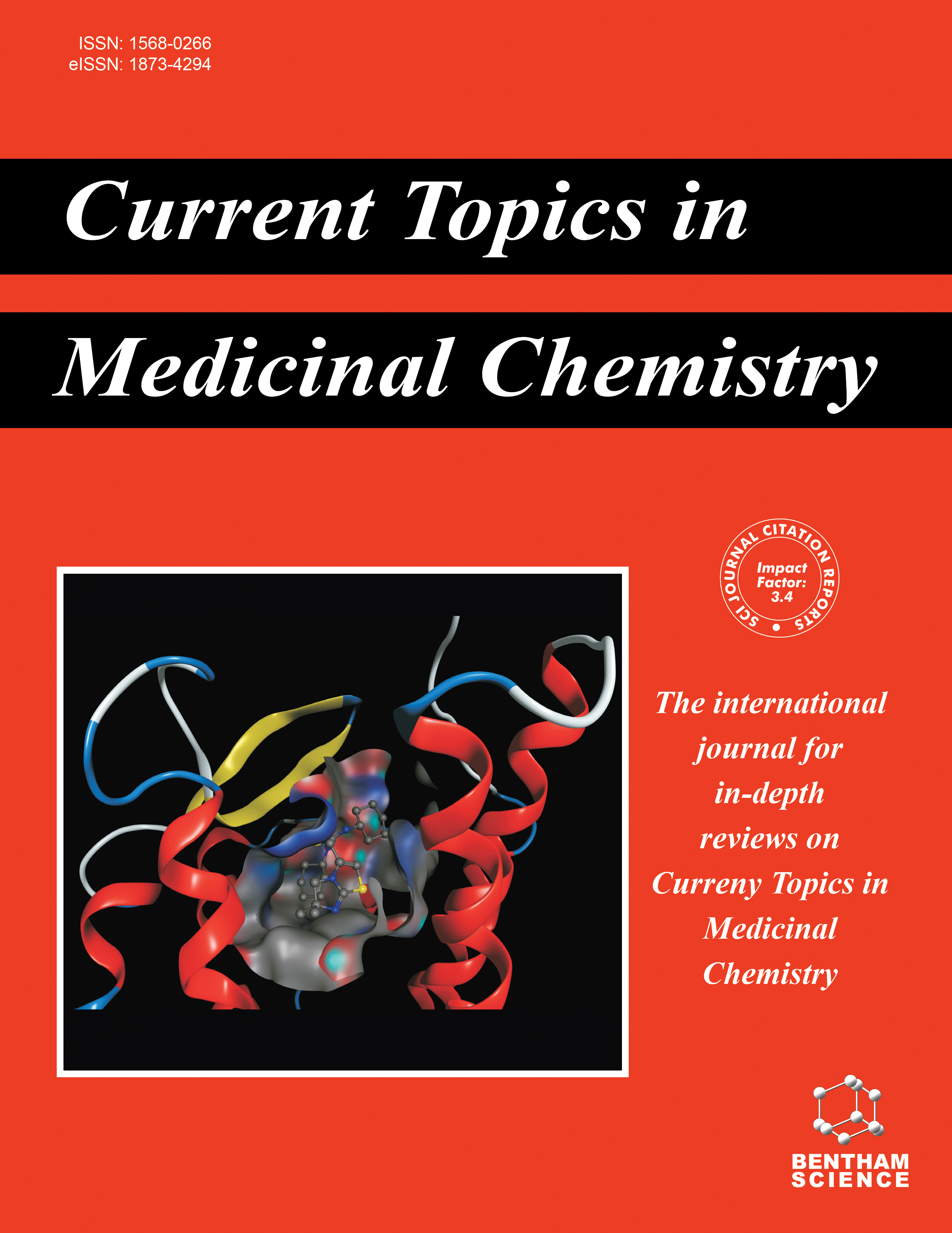
Full text loading...

Brain cancer patients may experience a wide range of excruciating and debilitating sensations as the tumours enlarge. This is frequently because the tumours press against the brain or obstruct normal brain and nerve impulses. While it is unusual for brain cancer to spread to other regions of the body, the majority of cases are quite aggressive. Particularly in older people, the majority of glioblastomas (around 80–90%) develop de novo, without any preceding clinical or histologic symptoms. Phytomolecules may possess anticancer effects by controlling many signalling pathways. They may enable cells to regenerate and offer a suitable environment for maintaining cells. Numerous plants were researched recently to find potent extracts and molecules. Berberine, muscone, schisandrin B, dioscin, naringenin and many others are used in the management of brain cancer. Recent developments in the treatment of brain cancer include the use of paclitaxel, temozolomide, and irinotecan. New medications, including thalidomide, suramin, and marimastat, can be used to treat brain tumour invasion and neoplastic angiogenesis. The databases PubMed, Scifinder, Google Scholar, Science Direct, and Scopus were examined for empirical research up to the end of March 2023. Here in the present comprehensive review article, we compiled extracts, phytomolecules and novel approaches like nanoparticle, liposomes and micelle reported in the management of brain cancer. Phytochemicals themselves may be functionalized into a portion of the micron-sized particles to help them pass across the blood-brain barrier and, once released into the brain microenvironment, use their therapeutic properties for therapy. Additionally, liposomes are useful to encapsulate chemotherapy medications and enable focused distribution via the blood-brain barrier.